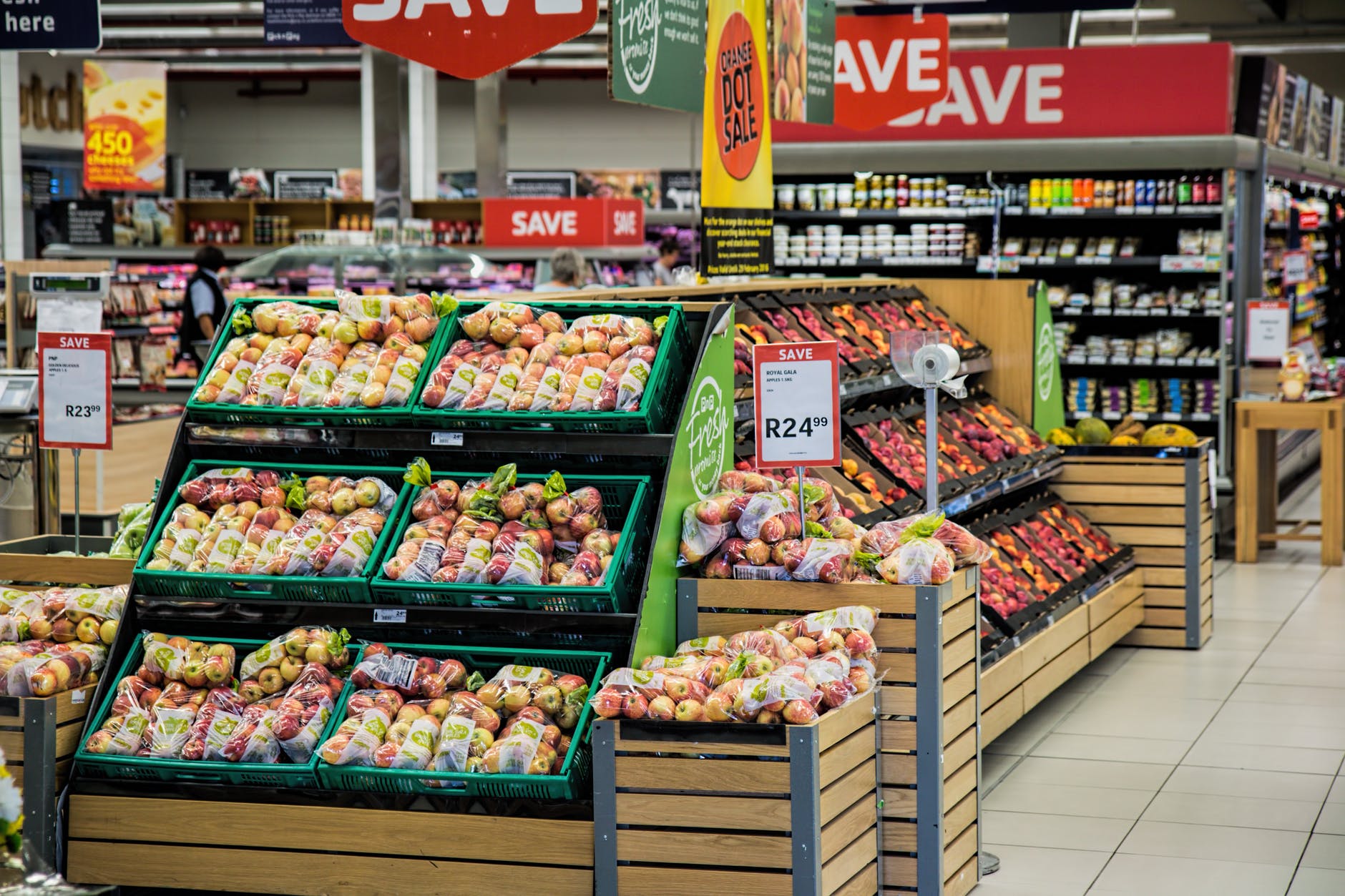
While the average number of visits to the supermarket varies by individual, it is one of the most frequent outings for the average shopper for everyday necessities. Regardless of which grocery store you visit, as a customer, you expect to be reasonably safe at the store. This means that the supermarket is responsible for taking reasonable steps to ensure that all customers are kept safe from dangers while at the store.
When you make a routine visit to the grocery store you do not expect to be injured, but there are always risks. If you have been injured while shopping at a grocery store, you may be entitled to financial compensation for your losses. To learn more about your case and the type of injuries that might be sustained in a supermarket, call an experienced premises liability attorney right away.
One of the most common scenarios resulting in supermarket patrons being injured is issues involving the floors. While a majority of stores place floor mats on the ground, if not used properly they can cause accidents. If a mat is bunched, broken, or missing entirely, it may result in customers tripping and falling.
Furthermore, wet grocery store floors may pose a significant risk to consumers. Whether it is due to the floor being recently mopped or if something was spilled, when the store does not uphold their responsibility to warn the customer of the wet floor, then the customer may be injured and the proprietors liable. These scenarios are commonly referred to as slip and fall accidents and are very prevalent in supermarkets. Those particularly vulnerable to slip and falls are elderly customers and those who are debilitated, relying on some form of assistance.
As a supermarket is stocked with products, these products may lead to unique accidents. One of these accidents may be contaminated or spoiled food. When a store sells products, consumers reasonably expect that they are safe. However, if a store knowingly sells a contaminated or defective product that ultimately causes harm to the customer, the store may be held liable.
Additionally, as stores have shelves lined with products, these products may fall on a store patron. The store has the responsibility to ensure that products, along with other store equipment, are properly and safely positioned so that they do not come loose and injure shoppers.
Other accidents that commonly occur in supermarkets involve defective carts and aisle obstructions. When using a grocery cart, the customer has the right to assume that it will function properly and not cause them harm. Yet oftentimes, the store knowingly provides carts that are faulty, whether it be a loose wheel or protruding metal, and these flaws could seriously harm customers.
Aside from defective carts, obstructions in the supermarket aisles may also pose a threat to patrons. If the store has items or boxes barricading the aisle that otherwise should not be there, a customer may not see it, creating an accident.
Supermarkets have the responsibility to uphold a duty of care, yet if they do not customers may fall victim to the store’s negligence. If you or someone you know was involved in an accident while at a grocery store, you may be entitled to compensation. Contact our offices today to speak with an attorney and get the justice that you deserve.